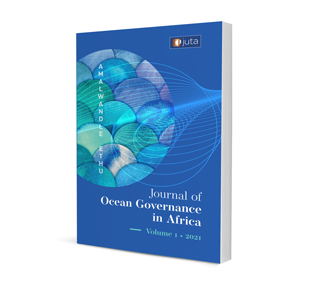
The 2007 Work in Fishing Convention as an instrument to combat coercive recruitment practices: A South African perspective

The 2007 Work in Fishing Convention as an instrument to combat coercive recruitment practices: A South African perspective
Authors: N Hlazo and H Hamukuaya
ISSN: 2521-5442
Affiliations: LLB, LLM, LLD; Honorary research fellow, School of Law, University of KwaZulu-Natal, and Researcher, South African International Maritime Institute
Source: Amalwandle Ethu: Journal of Ocean Law and Governance in Africa, 2022, p. 1 – 21
https://doi.org/10.47348/JOGA/2022/a1
Abstract
The 2007 Work in Fishing Convention(C188) aims to ensure decent work conditions for fishers by establishing minimum work standards on board a fishing vessel. Despite the comprehensive nature of the C188, forced labour remains a pervasive challenge in the fisheries sector, exacerbated by the recruitment of vulnerable workers through deceptive practices. This article determines the extent to which South Africa’s current legal and regulatory measures comply with the C188 provisions relating to the recruitment and placement of fishers. The article concludes that there is a lacuna in South Africa’s legal framework in its obligation to regulate the recruitment and placement agencies of fishers, leaving them vulnerable to exploitation by unscrupulous recruitment agencies. The article suggests two possible solutions to effectively implement the provisions of the C188 relating to the recruitment and placement of fishers. One option is to amend the existing Seafarer Recruitment and Placement Regulations of 2017 to include fishers. Alternatively, new Merchant Shipping (Fisher Recruitment and Placement) Regulations could be drafted. These new regulations would align with the existing Seafarer Recruitment and Placement Regulations and could be promulgated under the Merchant Shipping Act of 1951 or its successor, thereby giving effect to the convention.